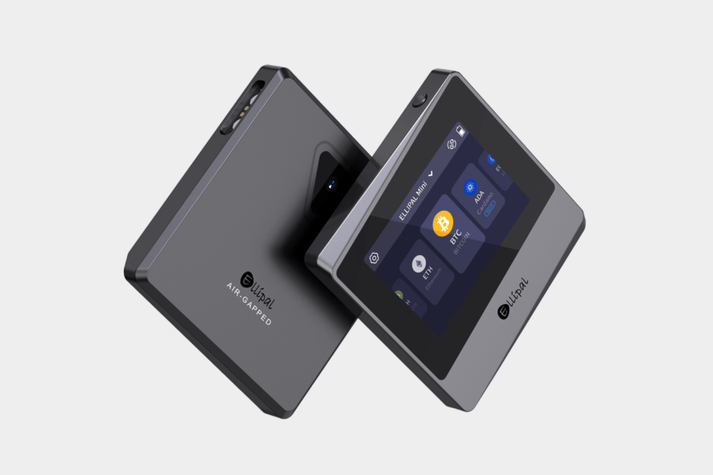Understanding Cold Wallets: The Ultimate Guide for Cryptocurrency Beginners
الجسم
In the world of cryptocurrency, security is paramount. One of the most effective ways to secure your digital assets is through a cold wallet. But what exactly is a cold wallet, and why should you consider using one? This guide will delve into the intricacies of cold wallets, providing you with a comprehensive understanding of their functionality and significance.

What is a Cold Wallet?
A cold wallet, also known as a cold storage wallet, is a type of cryptocurrency wallet that is not connected to the internet. This disconnection from online networks makes cold wallets significantly more secure against hacking and cyber threats. Unlike hot wallets, which are online and more convenient for daily transactions, cold wallets prioritize security over accessibility.
Types of Cold Wallets
There are several types of cold wallets available, each with its unique features:
- Hardware Wallets: These are physical devices that store your private keys offline. Examples include the Ledger Nano S and Trezor.
- Paper Wallets: A paper wallet is a physical printout of your public and private keys. While it is secure from online threats, it can be easily lost or damaged.
- Air-gapped Wallets: These wallets are completely isolated from any network, ensuring maximum security. They often require specialized software to manage transactions.
Why Use a Cold Wallet?
Using a cold wallet offers several advantages:
- Enhanced Security: Cold wallets are immune to online attacks, making them a safer option for storing large amounts of cryptocurrency.
- Control Over Private Keys: With a cold wallet, you have complete control over your private keys, reducing the risk of third-party access.
- Long-term Storage: If you plan to hold your cryptocurrency for an extended period, a cold wallet is ideal for keeping your assets safe.
How to Set Up a Cold Wallet
Setting up a cold wallet may seem daunting, but it is a straightforward process. Here are the general steps:
- Choose the type of cold wallet that suits your needs.
- Purchase the wallet from a reputable source to avoid counterfeit products.
- Follow the manufacturer's instructions to set up your wallet.
- Transfer your cryptocurrency from your hot wallet to your cold wallet.
For those interested in a reliable hardware solution, consider the  . This device offers robust security features, making it an excellent choice for cryptocurrency enthusiasts.
. This device offers robust security features, making it an excellent choice for cryptocurrency enthusiasts.
Conclusion
In summary, a cold wallet is an essential tool for anyone serious about cryptocurrency security. By understanding the different types of cold wallets and their benefits, you can make informed decisions about how to protect your digital assets. Whether you are a beginner or an experienced trader, incorporating a cold wallet into your strategy can significantly enhance your security posture.










تعليقات